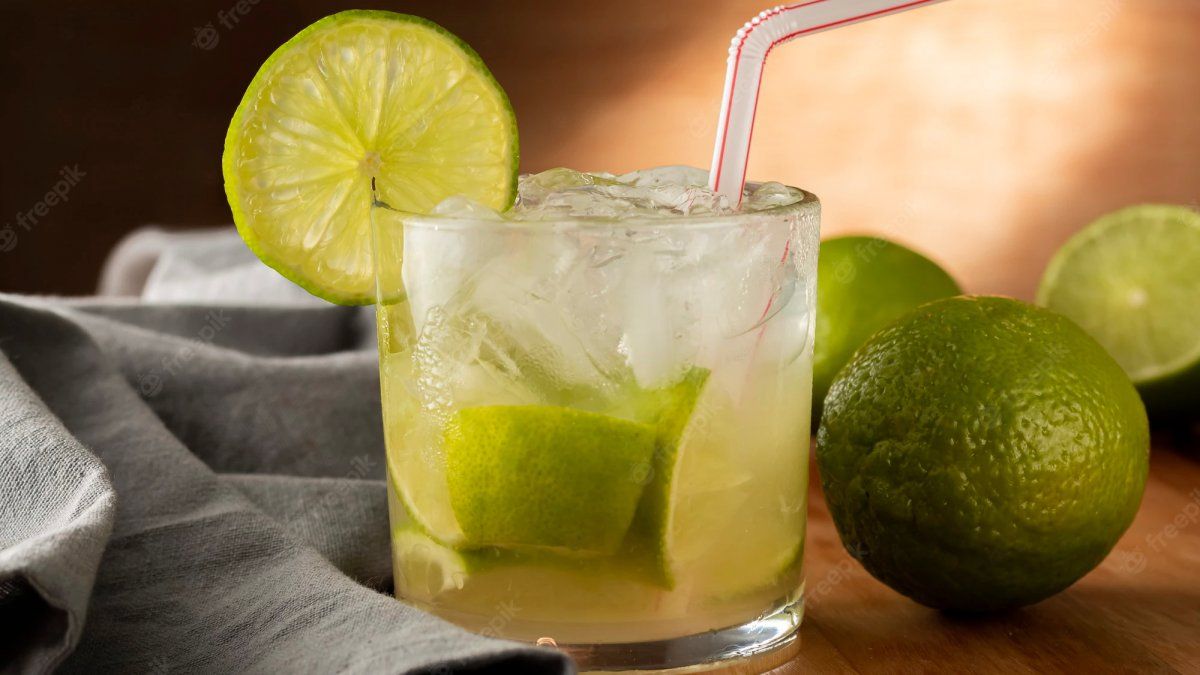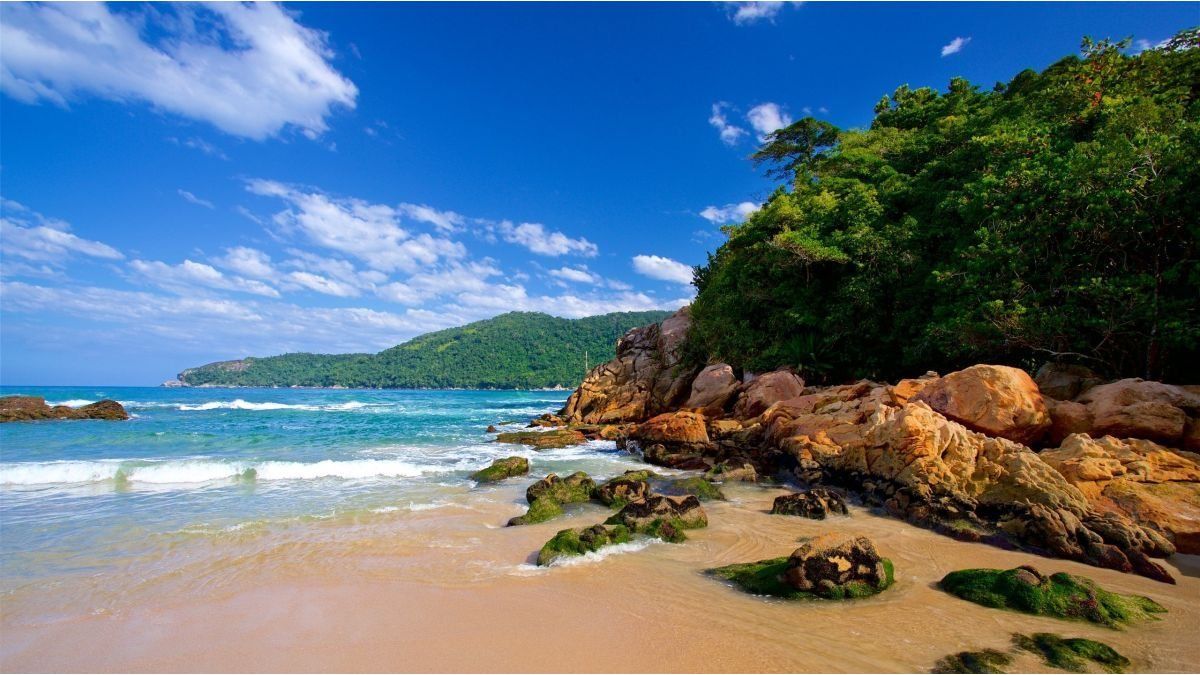Sara Nuru became known through “Germany’s next top model”. The businesswoman reveals why this is “not always an advantage”.
Her victory at “Germany’s next top model” was thirteen years ago, since then a lot has happened with Sara Nuru (32). Today she is a founder, businesswoman and ambassador for fair trade. In 2016 she founded the company nuruCoffee with her sister Sali. On the occasion of this year’s Earth Day, she spoke to the marketing company Vista and the Munich tea start-up uptea about the importance of sustainability for brands, marketing and companies. In an interview, she reveals what challenges she herself has to contend with as an entrepreneur.
What exactly does sustainability mean to you?
Sara Nuru: For me, sustainability means going through life with open eyes and not taking everything for granted. We have to be aware that we only have this one planet and that we bear responsibility for our environment and our society. In my role as an ambassador for fair trade, I try to make others aware of their consumer behavior in this regard. We all need to question more about where and under what conditions clothes, food and other everyday things are made.
With your fair coffee label, you run a sustainable company yourself. What distinguishes nuruCoffee?
Nuru: When my sister Sali and I founded nuruCoffee in 2016, we wanted to pay tribute to Ethiopia, our parents’ home country – and at the same time help the local people. Here in Germany we sell coffee from Ethiopia and are therefore able to give microcredits to Ethiopian women. With our association nuruWomen, we also support them with further training opportunities when starting their own business.
What were the biggest challenges for you before founding your company?
Nuru: Many people know me through my participation in “Germany’s next top model” – which is not always an advantage. Especially at the beginning I was underestimated and not taken seriously. In addition, the majority of start-ups are still founded by men. Women simply have a harder time starting a business.
And what challenges are you facing today?
Nuru: The same as at the beginning! The coffee market in particular is still very male-dominated. It is also challenging to keep the balance between social action and profitability. We succeed – but it’s not always easy.
What tips can you give founders?
Nuru: Only start a business that you are really passionate about. With which you connect your own story. This is the only way you can stay focused even in difficult times – because you always know what you’re doing it for.
How can consumers tell whether a company is really sustainable?
Nuru: As we also learned at today’s Earth Day event, sustainable products are by no means a guarantee for a sustainable company. Take a closer look: What is it doing in the social sphere, for example? Does the company also do things that are not directly linked to profit – does it donate to environmental organizations, for example? As so often in life, we have to look at the big picture. And don’t just reach for the supposedly sustainable detergent or the fairly manufactured blouse made of organic cotton for a clear conscience.
What role does sustainable marketing play here?
Nuru: Authenticity is key – across all channels. For example, I can’t advertise my fairly produced coffee with any flyers, but I have to think ecologically. Because there are definitely sustainable, haptic advertising media. In the product jungle, however, recognized seals and certifications can also offer orientation, such as the FSC seal for paper. For example, companies like Vista use paper for printing that comes from 95 percent FSC-certified forestry. But: No matter how much effort you put into pushing your brand – your product itself has the most appeal. The better it is, the less persuasive power and less action you have to take. Give people something meaningful – they will recognize and appreciate it as such. For me, that is the best form of sustainability.
How sustainable do you live yourself?
Nuru: Of course I try to make my everyday life as sustainable as possible. It starts with small things. During my visits to Ethiopia, for example, I was shown very clearly what a valuable commodity water is – and that it doesn’t have to be running all the time at home when I take a shower. Or I’ve already thought twice about taking a full bath.
You are still working as a model, how is the topic of sustainability developing in the fashion industry?
Nuru: Something is definitely happening. Even with the big fashion houses and chains. Of course, it helps that the topic of sustainability is becoming increasingly important in our society. No company today can afford not to at least question its working and production conditions. There is no question that many still have a long way to go.
Fast fashion in particular is heavily criticized. How do you choose your clothes?
Nuru: My wardrobe is very organized – because I’ve been more concerned with quality than quantity for a long time. That doesn’t mean that I only own expensive designer parts, on the contrary. In my closet there are definitely parts of the big chains, but then I pay attention to where and how they were produced. This is now understandable for many people. But I also love shopping at flea markets and second-hand shops.
You have quite a lot of jobs – how do you get it all?
Nuru: With the help of my amazing team, my sister and our business partners. And with the thought in the back of my mind that we help others with what we do – that motivates me anew every day.
Source: Stern
I am a 24-year-old writer and journalist who has been working in the news industry for the past two years. I write primarily about market news, so if you’re looking for insights into what’s going on in the stock market or economic indicators, you’ve come to the right place. I also dabble in writing articles on lifestyle trends and pop culture news.




